In the midst of the coronavirus pandemic, Canada announced the closure of the border for anyone who is not a citizen or permanent resident. What will happen to Mexico and the United States?
Last year, Donald Trump publicly threatened to close the border with Mexico if they did not stop the entry of illegal migrants to the United States. Today, with the coronavirus pandemic, the risk of this happening again, and an action like this could seriously affect the economy of both countries.
To give some examples, the US government reported that more than $ 1 billion in trade cross the US-Mexico border every day. Additionally, a study prepared by Business Roundtable highlighted that cross-border trade holds more than 4.5 million jobs in the United States.
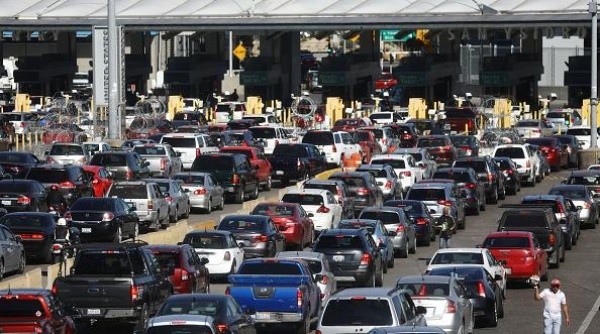
Without going any further, Canada has already announced the closure of the border for anyone who is not a citizen or permanent resident. So far, Trump announced last week the closure of borders to flights from Europe for 30 days, although it does not include citizens of the United Kingdom.
As we mentioned, the closure of the USA-Mexico border could have serious consequences for the economy, and we will list some of them below.
Border cities, the most affected
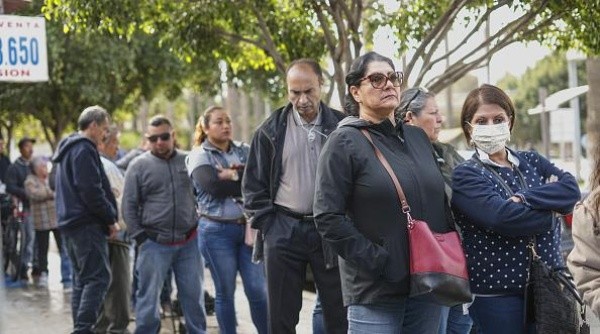
Tijuana, San Diego, El Paso, Reynosa, Ciudad Juárez … These are just some of the cities on both sides of the border whose economies depend on legal migration. A border closure would seriously affect these cities by reducing the flow of people. In addition, it would harm the businesses and industries that depend on those people to complete their workforce.
It must be considered that there are more than 300 million legal crossings per year on the Mexico-United States border, being the most active in the world. To give an example, only 120,000 private vehicles, 6,000 trucks, and 63,000 pedestrians cross the San Ysidro sentry box.
Fuel shortage

Mexico has never invested in having a self-sufficient energy economy. The crude is extracted, but the United States is in charge of refining it and Mexico buys it again. Should the decision be made to close the border, there would be barrels of crude and a complete lack of gasoline and diesel.
Strong impact on the Mexican industry
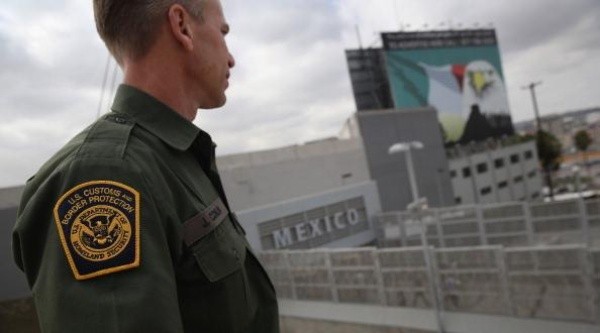
There is something to keep in mind at this point: 80% of the products imported by Mexico come from the United States. This includes agricultural and industrial inputs. The closure of the border would force Mexico to quickly readjust the country’s operation.
Impact on US industry

The United States would also be affected if it decides to close the border. It is worth mentioning that a large part of the raw materials they use to maintain their production lines come from Mexico. One of the most specific cases is the automotive industry.
Accumulation of perishable food products

Thousands of refrigerated trucks cross non-perishable food products daily from one country to another. Closing the border would not prevent producers and distributors from ceasing their work activities, so it could lead to an accumulation of these products at crossing ports. The alternative would be to redistribute these products, although the waste of tons of food is hardly avoided.
Lack of fresh produce in the USA
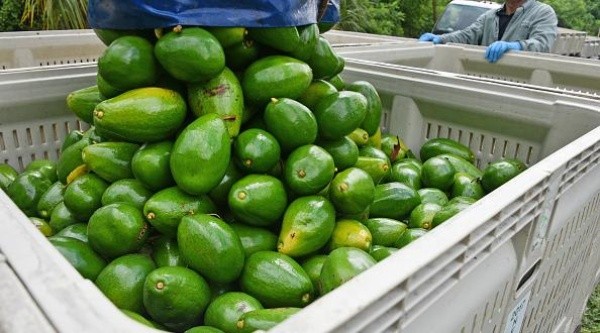
Products such as lemon, avocado, and tomato would suffer a significant rise in the US market since they come from Mexico. Almost half of the fruits and vegetables imported in the USA come from the Mexican fields.
To have some numbers to consider, only in 2018 the commercial exchange between the two countries exceeded 600 million dollars. Mexico is now the most important trading partner of the United States,
Texas, the most affected state

Texas’ largest trading partner is Mexico. Closing the border would be completely devastating for this state. Without going any further, Mexico represented $ 187 billion in trade with Texas in 2018. It would seriously affect sectors such as agriculture, automotive and energy production.
Low sales and jobs
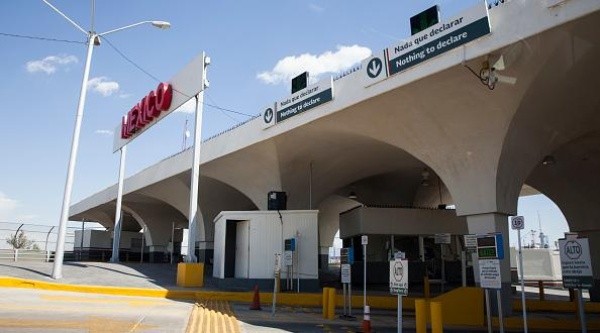
The cities whose borders connect have thousands of crossings per day, both for work, for visiting family or shopping. An example is the connection between El Paso and Ciudad Juárez. In 2018, the El Paso outlet mall generated revenues of $ 9.1 million, and half of the customers were Mexican. In addition, an estimated 23,000 people cross on foot from Mexico to work in El Paso. Closing the border would be devastating.
Source: bolavip.com
The Mazatlan Post





